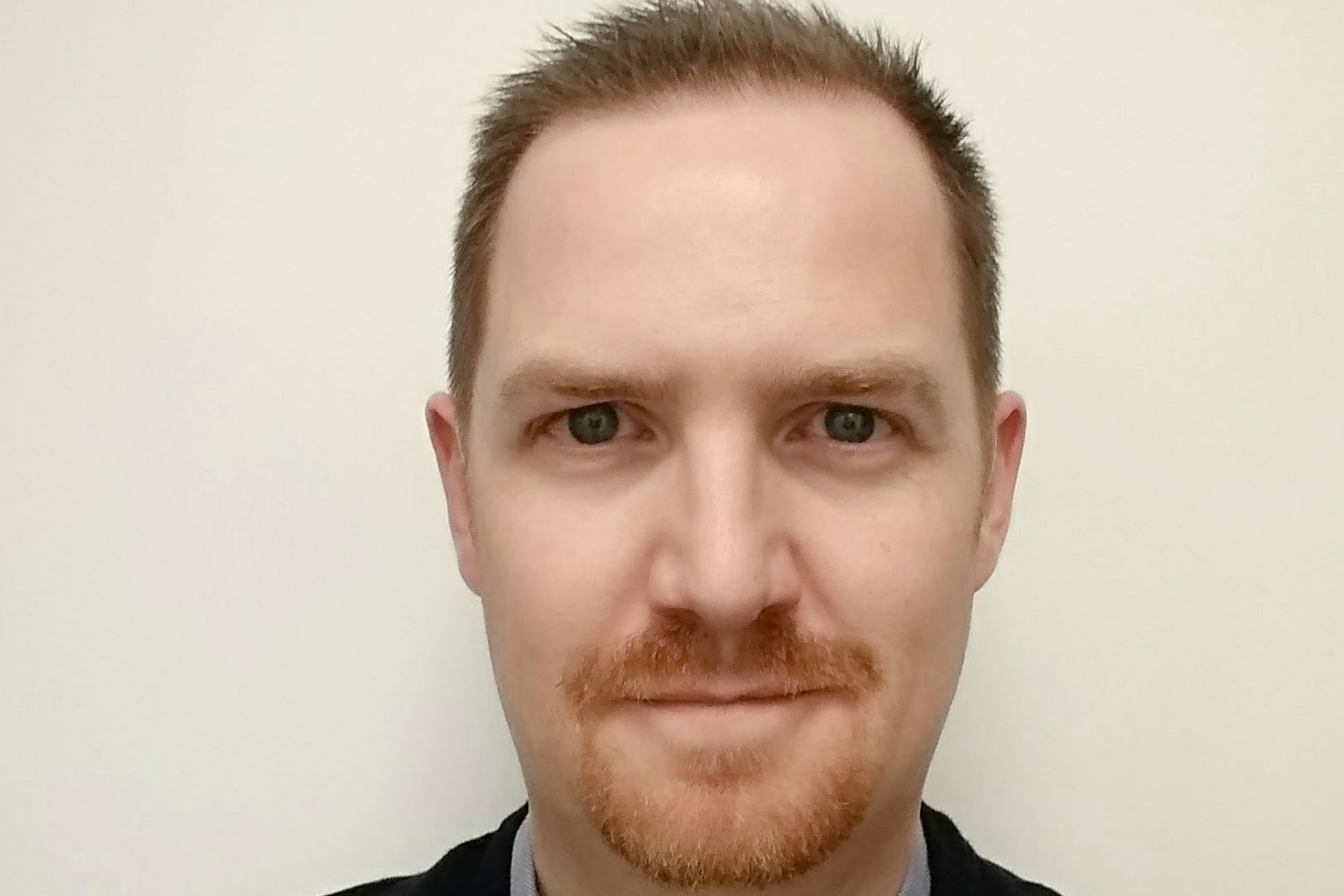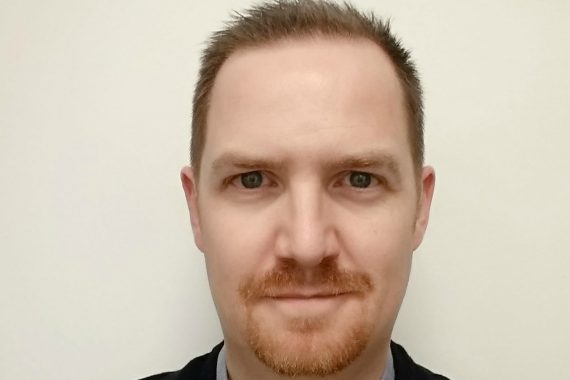
Discussions around the proposed new GP contract in Scotland reminded me of an ancient parable I am fond of, in which a group of blind men are tasked with describing an elephant by touch alone. None of them have encountered an elephant before. One has a tusk, one has the tail, the other has the trunk and so on. When describing their findings, they are in complete disagreement about the nature of the animal.
Each becomes suspicious of the others’ claims and accusations of dishonesty arise. It ends in coming to blows or, even death in some versions of the story.
The parable intends to show us that with a partial view on a subject, you might be only partially right.
Having read the ‘blue book’ and attended one of the road shows, I felt there was enough there to convince me the proposed new GP contract was a step in the right direction. I had concerns regarding the big ideas of ‘phase two’ of the proposals, but that will be negotiated pending the current poll. My support for phase one was a simple acknowledgement that investment in the profession is needed and the commitment to reducing risk and workload chimes with my own concerns.
I concluded that the best possible chance to understand Scottish GPs in all their forms and safeguard all our futures would be voting ‘yes’ for phase one
Subsequently, discussions of the vote on social media and online pressure groups revealed that some remote and rural GPs are very concerned about what the contract means for them and it is this aspect that has dominated the debate.
I have learned a great deal by simply reading the hundreds of comments from around the remote and rural areas about how this contract proposal is not addressing their concerns. Some have even suggested this is a deliberate attempt to decimate remote and rural GP life. The discussions made me realise I had only a partial view on what a Scottish GP contract should look like, as did all my interlocutors online from around the country.
However, my conclusion remained that the best possible chance to understand Scottish GPs in all their forms and safeguard all our futures would be voting ‘yes’ for phase one.
To explain why, it is worth laying out exactly what a ‘no’ vote means in the phase one poll. It means saying no to £250m investment in general practice – which, at a time of cutbacks in other parts of the NHS, is quite an incredible achievement.
It means saying no to a new funding formula which finally acknowledges the greater resources needed for our most deprived and elderly populations, backed up by income protection for unaffected practices.
It means saying no to moving some of GPs’ workload, such as vaccinations, into the remit of Health and Social Care Partnerships, a simple but welcome move.
It means saying no to the highly innovative premises loan scheme, which I believe most GPs think is an excellent proposal to take the risk and uncertainty of being a premises owner and avoid the last GP standing scenario.
And it means saying no to the expenses survey, which is the best chance we will have of understanding the scale of GP workload across the country, and identify the true differences between urban and rural areas.
I am only cautiously optimistic about the future, as there is so much at stake in the new contract and how my single-handed practice will fare remains to be seen.
But I believe that if phase one is not agreed by the profession, not only will it be a golden opportunity squandered, but it could also herald a long period of uncertainty about the future of Scottish GPs that the profession could have easily avoided.
Dr Christopher Mansbridge is a GP principal in Glasgow

















